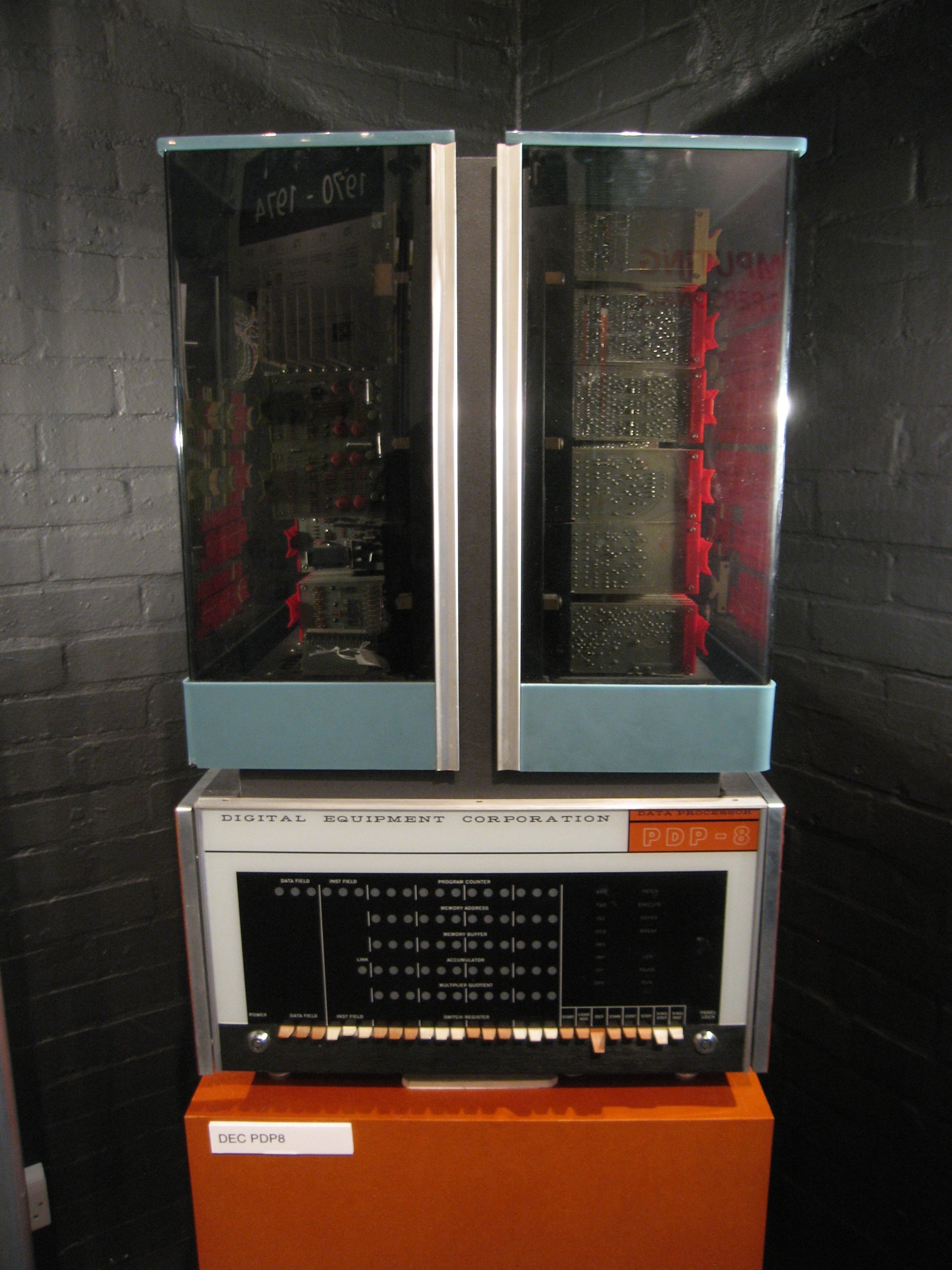Our recent WV Coding Club guest speaker was Christopher Sattes, Cybersecurity Engineer at City of Virginia Beach
Chris was born and raised in Charleston, West Virginia.
After High School, Chris went to culinary school - Le Cordon Bleu School of Culinary Arts in Pittsburgh, Pennsylvania where he became a certified Le Cordon Bleu Chef.
He returned to Charleston, WV and became a Sushi Chef at a prominent local restaurant for a few years.
Even after working in that career with excellence, Chris had a passion for technology and decided to explore a different direction. He learned about the North Korea Hack at Sony
related to the movie The Interview, which motivated Chris to go into Cybersecurity
Chris invested time in his new career path and along the way served in a variety of roles including Radio Shack management, Deskside Support with Advantage Technology, Amazon Kindle Support and One Stop IT Systems Administrator.
He then moved on to become an Information Assurance Engineer at Lockheed Martin and thus really began his entry into the world of Cybersecurity. In his role he battled with hackers from various countries around the world and really started to understand the importance and value of cybersecurity to our country and our way of life.
During Chris furthering his career, he was also advancing his education. He earned his Bachelor of Science in Computer Information Technology: Cybersecurity from Southern New Hampshire University and then went on to earn his Masters of Science in Cybersecurity from Grand Canyon University. He also completed certifications in CompTIA Security+, Apple Certified Associate and Microsoft Certified Technology Specialist (MCTS)
Chris then moved onto a large law firm in the Virginia Beach, Virginia area and then onto his current career with the City of Virginia Beach, Virginia. In his career with the City, it can be stressful because he is helping to protect millions of dollars that flow through various systems to help the City operate. One of the fun, but important things Chris does is test the system with fake Cybersecurity emails to find staff who decide to click on them and then works to help educate staff of those dangers. Even with all the tools they use to help protect the City, Pfishing is a concern and is widespread, especially with hackers using Bots to replicate and send on to more connections. We are all exposed to CyberSecurity risks daily.
Artificial Intelligence (AI) is growing quickly with Cybersecurity and will also hopefully be a tool to help prevent attacks and hacks.
Even though there is a lot of hardware and software related to protecting systems and networks, Chris utilizes coding in Cybersecurity - PowerShell (Windows Native), which allows him to automate many tasks in Windows. Chris shared with the students a number of certifications that would benefit them on a career path into cybersecurity:
COMP TIA Certification
Security+
NETWORK+
A+
Chris also gave the students his advice:
1. Explore the certifications with COMP TIA, so many facets to CyberSecurity careers, including Analyst, Penetration Tester, Forensics
2. There is still and will be a great need to invest in and hire Cybersecurity staff and provide significant compensation for those careers.
3. If going to college, look at a Bachelor of Science in Cybersecurity or if not, explore Certifications which can take a lot less time and expense and seek out work experience.
4. To help protect your credit cards, use Apple Pay, Android Pay or Samsung Pay.
5. You miss 100% of the shots you don’t take.
"We are excited and grateful to have Chris take time to share his career and education path into the world of coding and cybersecurity. Our West Virginia Coding Club students benefit greatly from his advice and insights.", explained Dan McElroy, President of the West Virginia Coding Club.
Thank you Chris!
Keep Coding!





